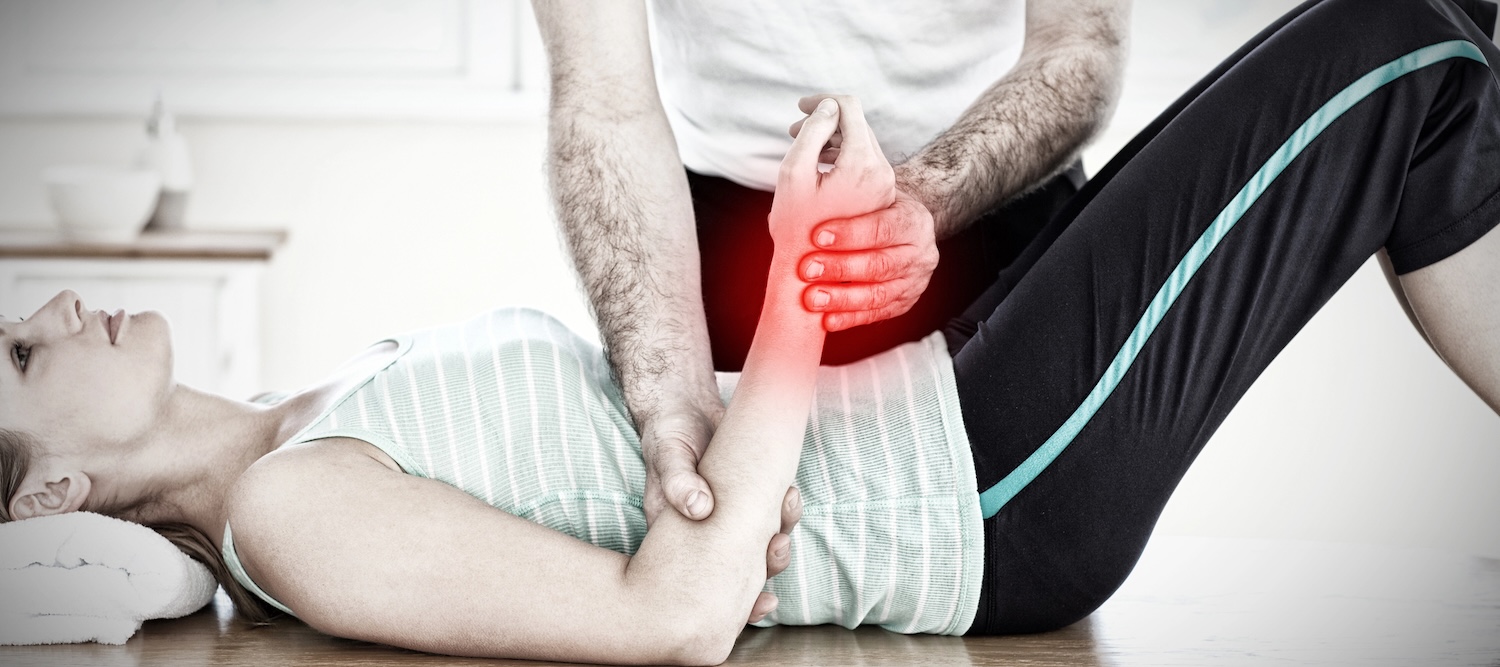Why Low Back Pain is More Complex in Active People — And Why Exercise Is the Best Medicine
Connect with us on social media.

Written by
Published on
May 26, 2025
Health
The Active Paradox: Fit But in Pain
You’d think someone who lifts regularly, runs marathons, or crushes it in the gym would be less likely to experience back pain. And yes, a strong, fit body is generally more resilient. But active people also ask more from their bodies—and that’s where the complexity begins.
1. You’re Demanding More from Your Body
When you’re lifting heavy weights, logging long miles, or performing intense workouts, your spine and core muscles take on extra stress. Even minor movement inefficiencies or imbalances can become amplified, leading to pain that isn’t always easy to pinpoint—or fix.
2. It’s Rarely Just One Thing
In sedentary individuals, back pain is often the result of prolonged sitting, poor posture, or weak muscles. It’s usually pretty straightforward. But for active people, it’s often the result of a perfect storm:
- Tight hips and hamstrings
- Weak or underactive glutes
- Poor movement mechanics
- Old injuries
- Overtraining (or under-recovering)
It’s like peeling an onion—there are layers, and they’re all worth addressing.
3. You’re Good at Compensating—Until You’re Not
Active bodies are usually better at masking dysfunction. You might not feel anything at first because your body finds ways to compensate. But over time, those workarounds catch up to you, and that’s when pain surfaces.
4. You’re Used to Pushing Through
Let’s be honest—if you're into fitness, you're probably familiar with the “no pain, no gain” mentality. But when it comes to your back, pushing through discomfort can actually set you back, leading to chronic issues and longer recovery times.
Why Exercise and Physical Therapy Are Game-Changers
The good news? Low back pain in active individuals responds incredibly well to a smart, movement-based approach, especially when guided by a physical therapist.
1. Movement Is Medicine
Physical therapy doesn’t just treat the pain—it targets the cause. Whether it’s a mobility restriction in your hips or poor core control, the right exercises restore balance, build strength, and reduce stress on your spine.
2. It Builds Confidence and Reduces Fear
Pain can make you hesitant to move. But with the right guidance, movement becomes a confidence builder. Gradually reintroducing load in a safe, controlled way helps you return to what you love—without fear of reinjury.
3. It Addresses the Whole Kinetic Chain
A good rehab program doesn’t just focus on your back. It also strengthens your core, improves hip mobility, activates your glutes, and corrects faulty movement patterns. This full-body strategy is what keeps pain away for the long haul.
4. It Improves Performance, Too
Here’s the kicker: the same exercises that help resolve back pain can also enhance your performance. When your movement patterns improve, your lifts feel stronger, your runs feel smoother, and your body recovers faster.
The Bottom Line
Low back pain in active individuals isn’t a sign you need to stop—it’s a sign you need to adjust. It’s not about resting endlessly or hoping it goes away. It’s about training smarter, correcting the root cause, and building resilience through movement.
So if you're fit but hurting, don’t settle for just foam rolling and hoping it resolves. Get assessed. Get a plan. And get moving—your back (and your future self) will thank you.
Ready to tackle your back pain and train without fear?
At iAthlete Physio, we specialize in helping active people like you recover, perform, and move better—for the long haul. Our personalized treatment plans combine expert assessment with targeted movement strategies so you can keep doing what you love—without setbacks.
Click here to book your initial evaluation today
Share this post
Join 2,000+ subscribers
Stay in the loop with everything you need to know.8
We care about your data in our privacy policy







